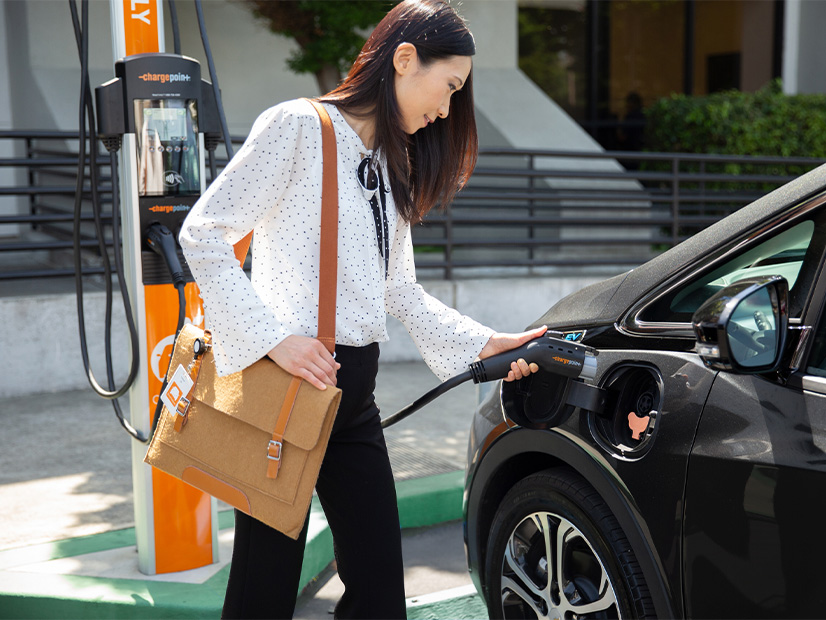
Virginia air regulators last week unanimously approved a measure to adopt standards that will reduce vehicle tailpipe emissions and set zero-emission vehicle sales requirements for car manufacturers.
The State Air Pollution Control Board during its regular meeting on Dec. 2 adopted low-emission vehicle (LEV) and zero-emission vehicle (ZEV) standards established by California’s Advanced Clean Cars regulation.
Virginia Gov. Ralph Northam signed a bill (HB 1965) in March that directed the board to adopt the regulations.
“Adoption of the Advanced Clean Cars regulation is a historic step in Virginia’s efforts to address air pollution and reduce harmful emissions associated with our transportation network,” said Michael Dowd, director of the Virginia Department of Environmental Quality Air’s Renewable Energy Division.
Under the LEV standard, manufacturers doing business in Virginia must meet California’s exhaust emission standards starting with model year 2025 for passenger cars, light-duty trucks and medium-duty vehicles. The ZEV standard, which is based on a system of compliance credits, requires manufacturers to achieve a certain number of ZEV sales for the same vehicle categories and model years as the LEV standard.
Manufacturers must produce ZEVs and plug-in hybrids that will receive credits based on driving range. Included in the authorizing legislation is a requirement that the board allow manufacturers to establish a Virginia-specific account for ZEV credits that can be traded or sold. The Virginia-specific credits also may be used to meet up to 18% of the manufacturer’s program requirements in any given year.
A proposal by the California Air Resources Board (CARB) would allow manufacturers to transfer their ZEV credits among states as part of the Advanced Clean Cars II regulation under development. Interstate credit transfers would be allowed for model years 2026-2030. (See CARB Plan Would Allow Interstate Transfer of ZEV Credits.)
Speaking at the Dec. 2 meeting, Walton Shepherd, Virginia policy director with National Resources Defense Council, said the board’s vote would be “one of the most beneficial clean air actions” it has ever taken.
The benefits would not end with clean air, he said, adding that transportation fueling dollars will stay in state when consumers charge their EVs with Virginia-produced electricity.
“Around 2025 is when your average electric vehicle will cost the same as an internal combustion car,” he said. “In 2025 and beyond … it would literally be irrational to buy a gas-powered car because you will lose money every time you fuel your car with gas.”
Virginia joins 15 other states that have already adopted the Advanced Clean Cars regulation, according to CARB. The standards in Virginia will go into effect in January 2024.


